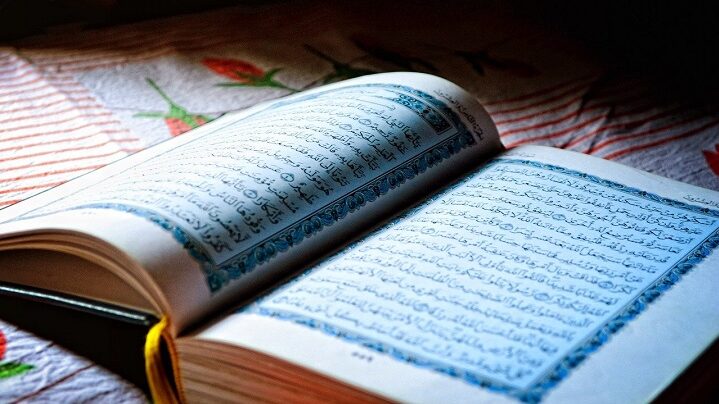Islam is the world’s youngest and second largest monotheistic Abrahamic religion, after Christianity. The number of adherents is more than 1.8 billion people living in more than 125 countries of the world. Islam is the state or official religion in 28 countries. The majority of Muslims (85-90%) are Sunni, the rest are Shiite and Ibadite. Also the movements are divided into mazhabs. The founder of Islam is the prophet Mohammed (570-632). His holy book is the Quran. The second most important source of Islamic doctrine and law is the Sunnah, which is a set of traditions (hadith) about the sayings and deeds of the Prophet Muhammad. The language of worship is Arabic. Adherents of Islam are called Muslims.
Islam emerged in the early seventh century in Western Arabia, in Mecca, where paganism prevailed. Each tribe had its own gods, whose idols were located in Mecca. This period is characterized by the gradual destruction of the patriarchal tribal system and the emergence of a class society. Together with Christianity and Judaism, it belongs to the so-called “Abrahamic religions,” the revelatory (God-revealed) tradition. The Abrahamic religions have their roots in the oldest forms of Near Eastern monotheism, as a result of which they share a common historical-mythological heritage and a single, in principle, picture of the world. The influence of Christianity and Judaism in the early stage of the formation of the Islamic faith is somewhat exaggerated. The direct influence of Christian and Jewish theology can be traced to the turn of the 7th-8th centuries, when the problem field of Islamic theology was being formed, and Muslim theologians had to answer the same questions that were posed by their Christian and Jewish predecessors. From the earliest stages of the development of Islam one can trace the realization of the original unity of Abrahamic monotheism expressed in the sermons of the Prophet Muhammad. The main idea of his sermons was to purify the truth of monotheism (tawhid) from the distortions introduced by Jews, Christians and polytheists. In early and classical Islam, there was never a clear line separating religion and law, with the result that less attention was given to theoretical and theological issues than to political and legal ones.
At the heart of the Muslim cult are five main cultic duties (arkan ad-din), formulated during the lifetime of the Prophet Mohammed: confession of faith (shahada), prayer (salat, Persian namaz), fasting in the month of Ramadan (saum, Persian uraza), almsgiving (zakat – 2.5 % of income) and pilgrimage to Mecca (hajj).
Some theologians add to the five “pillars of Islam” another duty, jihad (Arabic for “effort,” “struggle for the faith”), expressed in zeal, diligent activity to spread Islam. In the ninth century, Islamic dogmatics established an understanding of five forms of jihad: spiritual jihad (inner self-improvement on the path to God), jihad of the sword (armed struggle against unbelievers), jihad of the heart (struggle against one’s passions), jihad of the tongue (commanding what is approved and forbidding what is condemned), jihad of the hand (disciplinary measures against criminals). Currently, the armed type of jihad is used by terrorist and extremist groups of Muslims as an ideological justification for their activities.
